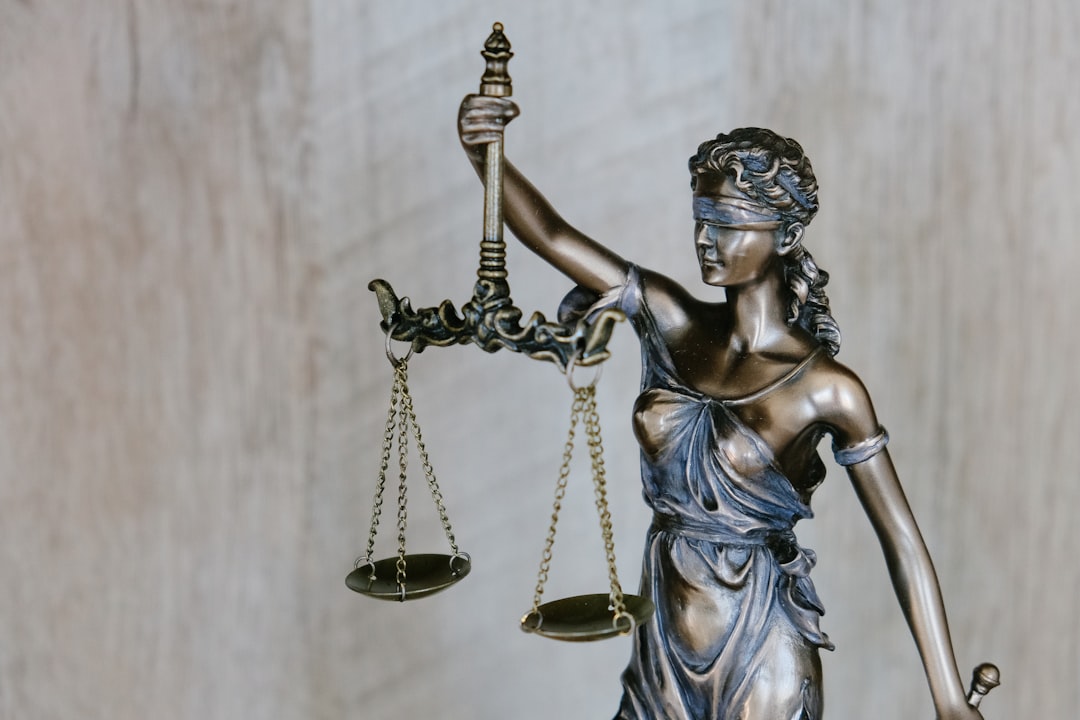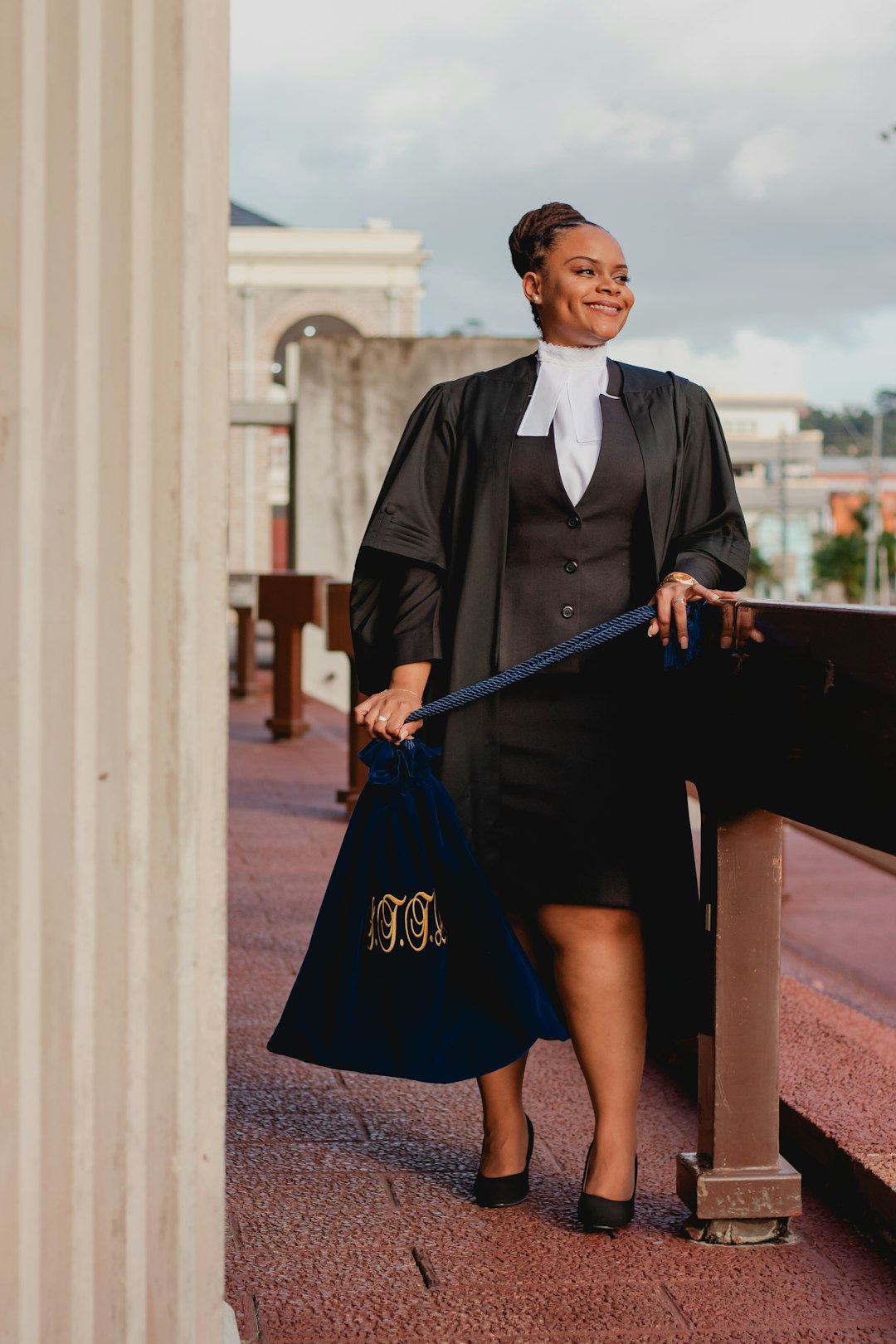Campus sexual violence, particularly rape, is a significant concern in US higher education, including Rhode Island schools, affecting one in five women and one in seventeen men. To combat this issue, universities employ various strategies such as educational programs, robust policies, counseling services, and the support of rape attorneys in Rhode Island to hold perpetrators accountable and offer legal aid to victims. Universities must establish safe environments, implement stringent policies, provide physical security, encourage secure reporting without retaliation, and promote a culture of consent through comprehensive sexual education. In Woonsocket, Rhode Island, universities take proactive approaches with programs like "No Means No" campaigns, peer support networks, and legal advocacy from rape attorneys to enhance survivor support and deter future incidents.
In the bustling landscape of higher education, campus safety, particularly concerning assault, has emerged as a vibrant yet complex tapestry. This article explores the multifaceted role of universities in preventing campus assault in Woonsocket, Rhode Island. We delve into understanding the growing concern, the responsibilities of academic institutions in fostering safe spaces, and effective strategies for prevention and awareness. Additionally, we examine legal aspects, highlighting the crucial support offered by rape attorneys in Rhode Island, as well as community engagement initiatives to end silence once and for all.
Understanding Campus Assault: A Growing Concern in Higher Education
Campus assault, particularly sexual violence, has emerged as a significant concern within higher education institutions across the United States, including those in Rhode Island. With alarming rates of rape and non-consensual incidents reported on college campuses, universities are under increasing scrutiny to ensure the safety and well-being of their students. In response, educational facilities are implementing various strategies to prevent and address these troubling matters.
Understanding campus assault involves recognizing its scope and impact. According to recent statistics, one in five women and one in seventeen men will experience rape or attempted rape during their college years. These incidents often have long-lasting effects on victims, affecting their mental health, academic performance, and overall quality of life. In light of these findings, universities are enjoined to go beyond basic security measures and foster a comprehensive approach that includes education, counseling services, and robust policies to protect students from sexual assault. Engaging the support of rape attorneys in Rhode Island can also be crucial in holding perpetrators accountable and providing victims with legal recourse.
The Responsibilities of Universities in Creating Safe Spaces
Universities have a profound responsibility to create and maintain safe spaces for all students, particularly in preventing campus assault. This includes implementing robust policies and procedures that address sexual violence, harassment, and assault. Educational institutions must ensure their campuses are secure by employing proper lighting, accessible emergency systems, and visible security personnel. Moreover, they should foster an environment where students feel comfortable reporting incidents without fear of retribution, backed by confidential support services and legal aid, such as those provided by rape attorneys in Rhode Island.
The role of universities extends beyond physical safety; they must also cultivate a culture of consent, respect, and accountability. This involves offering comprehensive sexual education programs that promote healthy relationships, communication, and boundaries. By encouraging open dialogues about consent and the consequences of assault, universities can empower students to take charge of their well-being and help prevent future incidents. Effective prevention strategies require continuous effort and collaboration between administration, faculty, staff, and students.
Effective Strategies for Prevention and Awareness Programs
In addressing campus assault, universities in Woonsocket, Rhode Island play a pivotal role through comprehensive prevention and awareness programs. These initiatives are designed to foster a culture of respect, consent, and safety among students. One effective strategy involves educational workshops and training sessions that cover topics such as healthy relationships, communication, and understanding the dynamics of power imbalances, which can help deter potential assaults.
Additionally, peer support networks and counseling services on campus are vital resources for victims and bystanders alike. Encouraging open dialogue about consent and promoting reporting mechanisms through campaigns like “No Means No” and “RAINN’s (Rape, Abuse & Incest National Network) awareness weeks” can significantly contribute to prevention efforts. Moreover, involving local law enforcement and connecting with reputable rape attorneys in Rhode Island for legal advocacy ensures that victims receive the necessary support while holding perpetrators accountable.
Legal Aspects: Rape Attorneys in Rhode Island and Their Role in Support
In addressing campus assault, legal aspects play a crucial role in prevention and support. Rape attorneys in Rhode Island are integral to this process, offering specialized knowledge and advocacy for survivors. These attorneys not only provide legal counsel but also serve as powerful allies, ensuring that victims’ rights are protected and that they receive the justice they deserve. They guide students through the complex legal system, explaining their options and helping them navigate the often challenging process of filing a complaint or taking legal action against perpetrators.
The presence of rape attorneys in Rhode Island contributes significantly to fostering a safer campus environment. Their expertise enables universities to implement robust policies and protocols for handling sexual assault cases, holding accountable those who violate the law. Through their support, survivors can find the courage to come forward, knowing they have legal backing, which is essential in deterring future incidents of campus assault.
Community Engagement: Fostering Open Dialogue to End Silence
In the ongoing fight against campus assault, universities in Woonsocket, Rhode Island play a pivotal role, and community engagement is a key strategy to prevent such crimes. By fostering open dialogue, institutions can create an environment where students feel comfortable discussing sensitive topics like sexual violence. This includes organizing workshops, seminars, and awareness campaigns that encourage victims to come forward and promote educational sessions for all campus members. Such initiatives break the silence surrounding assault, making it easier for survivors to seek help from dedicated support services.
Additionally, universities can collaborate with local rape attorneys in Rhode Island to provide legal aid and ensure victims understand their rights. Engaging the community in proactive measures builds a robust support network, ultimately contributing to safer campus environments.






